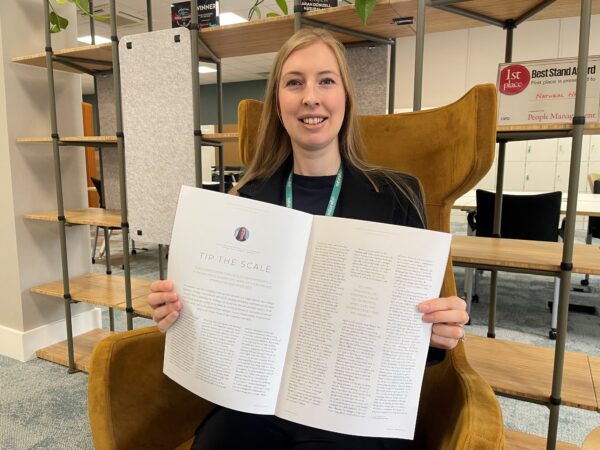When I first started out in the HR sector, I was made aware of the historic ‘battle’ of HR Vs Finance, but at the time, I couldn’t really appreciate what that meant in real terms. With more experience, I now see how and why this friction exists.
The truth is HR & Finance have more similarities than differences, but within an organisational context, this can provide challenges, i.e., who should HR report into? Who should ‘own’ certain functions – particularly that of payroll?
Perhaps each sector’s desire to keep itself distinctly different and unattached to the other has perpetuated issues historically. There is also perhaps something to be said about how each ‘profession’ is perceived by others.
Only a few weeks ago, I came across research conducted by Reed HR which found that a quarter of UK HR professionals do not feel included in strategic business decisions. I do not doubt that this is partly due to the perception of HR professionals as ‘administrative’, ‘not commercially aware’, and ‘lacking the broad knowledge of business to be strategic’. I have heard these phrases when discussing this representation issue with others in the business.
It is true that Finance has always had a seat at the table when it comes to board representations because they are seen as the critical keepers of essential knowledge – and there is a positive assumption about their commercial awareness.
However, this divide does now appear to be changing as people are realising the importance of HR – particularly as people are increasingly being viewed as the most valuable asset and resource any business can have.
Additionally, in a world where big corporations have experienced enormous brand damage through seemingly ‘financially sound’ but ‘ethically questionable’ decisions – such as the Volkswagen cheating emissions tests to Toshiba inflating their earnings – it is now more important than ever to have those concerned with people and doing the right thing by people involved in top-level decision making.
Writing this post has recently become more relevant to my organisation, Natural HR, as customer demand prompted the development of integrated payroll functionality within our HR software – a story reported on by national business publication, Business Leader, and local B2B publications, The Business Desk and Midland’s Business News. We did this, noticing a shift in where payroll sits regarding responsibility.
Increasingly HR is becoming responsible for managing payroll rather than Finance and ensuring details are accurately provided when an employee joins and accurately maintained when circumstances shift during their time as an employee. Many organisations face the challenge of running these two systems in isolation, which causes risk and complexity. At its worst, this can result in employees being paid the wrong salaries into the wrong bank accounts or businesses continuing to pay employees once they have left the business.
Fundamentally, the most successful organisations will have representation from all professional sectors of the business at the board level. Diversity in experience and expertise is as important as gender, ethnicity, and age. Equally, enabling more HR leaders and managers to be part of those high-level conversations will mean more HR professionals see this as a viable route for progression and, therefore, will seek further opportunities to be broadly informed about all business areas.
I think it is inevitable that there will be an increasing crossover between the two professional sectors, and with lots to learn from each other, I welcome that.





